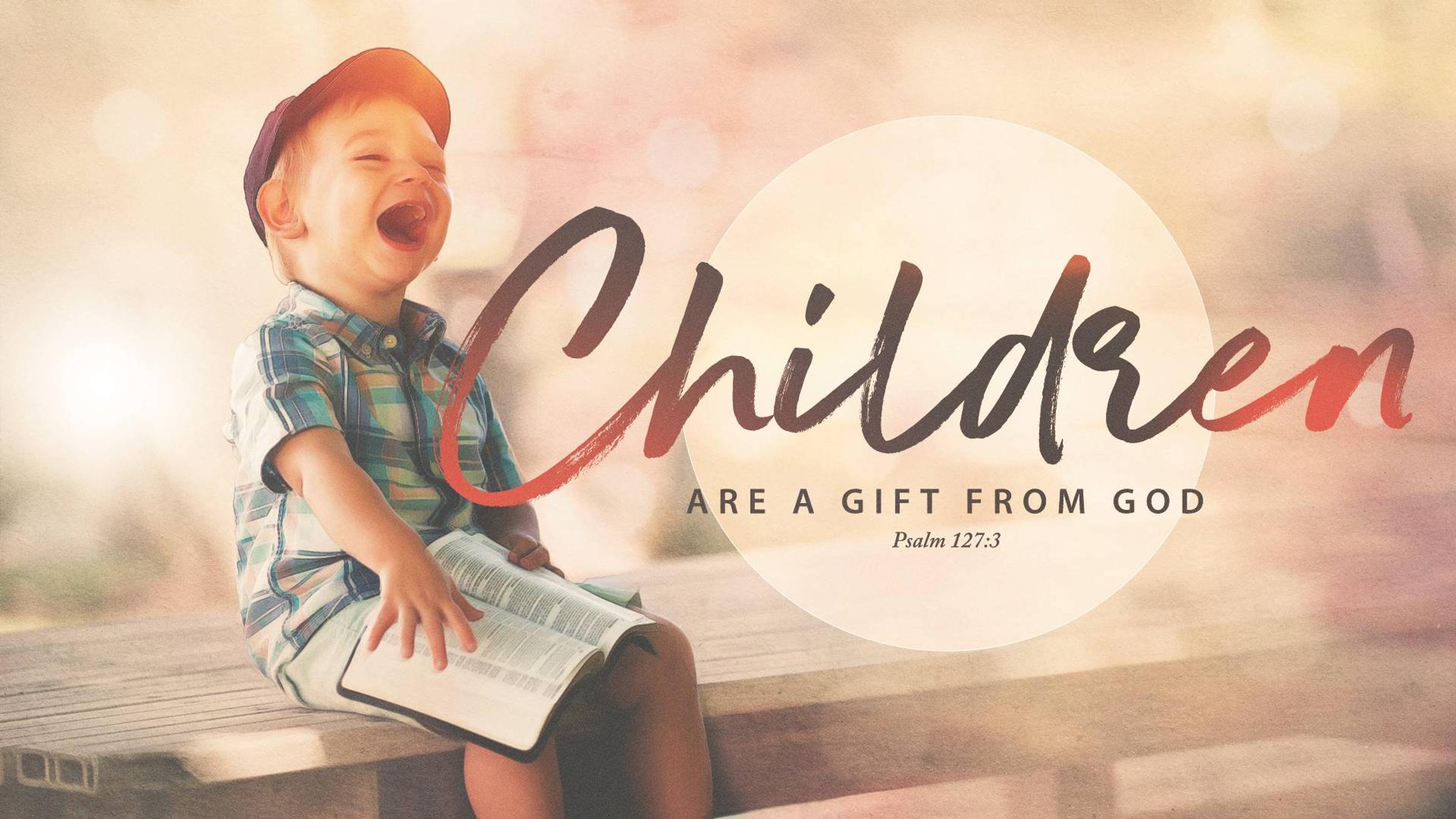Parenting Tip
from the book Parenting is Heart Work, by Dr. Scott Turansky and Joanne Miller, RN, BSN.

Parenting Tip
from the book Parenting is Heart Work, by Dr. Scott Turansky and Joanne Miller, RN, BSN.
Some children have a rather narrow repertoire of emotional tools. They tend to react with anger whenever they experience any negative emotion. When they’re sad, they display anger. When they’re afraid, they show anger. When they’re disappointed, they take it out on others by getting mad. These children need to learn healthier ways of expressing their emotions, but first they need help understanding the feelings they’re experiencing.
A child’s heart can be a confusing place. Many different things are all happening at the same time, baffling even the most healthy or intelligent children. Kids often don’t understand what’s going on in their hearts. With young children, you might start teaching about three basic emotions: sad, mad, and glad. Point out a person in a video, or even in real life and ask your child, “Is that person sad, mad, or glad? How can you tell?” Encourage the child to identify visual cues that tell us how the person is feeling.
Talking about emotions in this way raises the awareness of different emotions, giving children a greater emotional vocabulary. You can ask your child the same question about something that happened earlier in the day. “Were you sad, mad, or glad?” helping the child to recognize those emotions personally as well.
When children begin to understand their own emotions, they can learn to respond to them more appropriately, and eventually learn to talk about their feelings instead of just reacting in anger. Understanding one’s own emotions helps a person develop greater sensitivity to others’ emotions as well, and then respond in helpful ways. The emotionally illiterate person tends to react poorly to others’ emotions, taking the cues as a personal attack. So when Mom is disappointed, her daughter starts defending herself. When Dad is grumpy, his son retaliates. Teach your children to see emotions in others, and they’ll develop a greater empathy and relational maturity.
Learning to respond well when emotions come on strong, is challenging, and takes time. As parents see opportunities to teach about emotions, and equip kids with the skills necessary, they are doing heart work, since emotions take place in the heart.